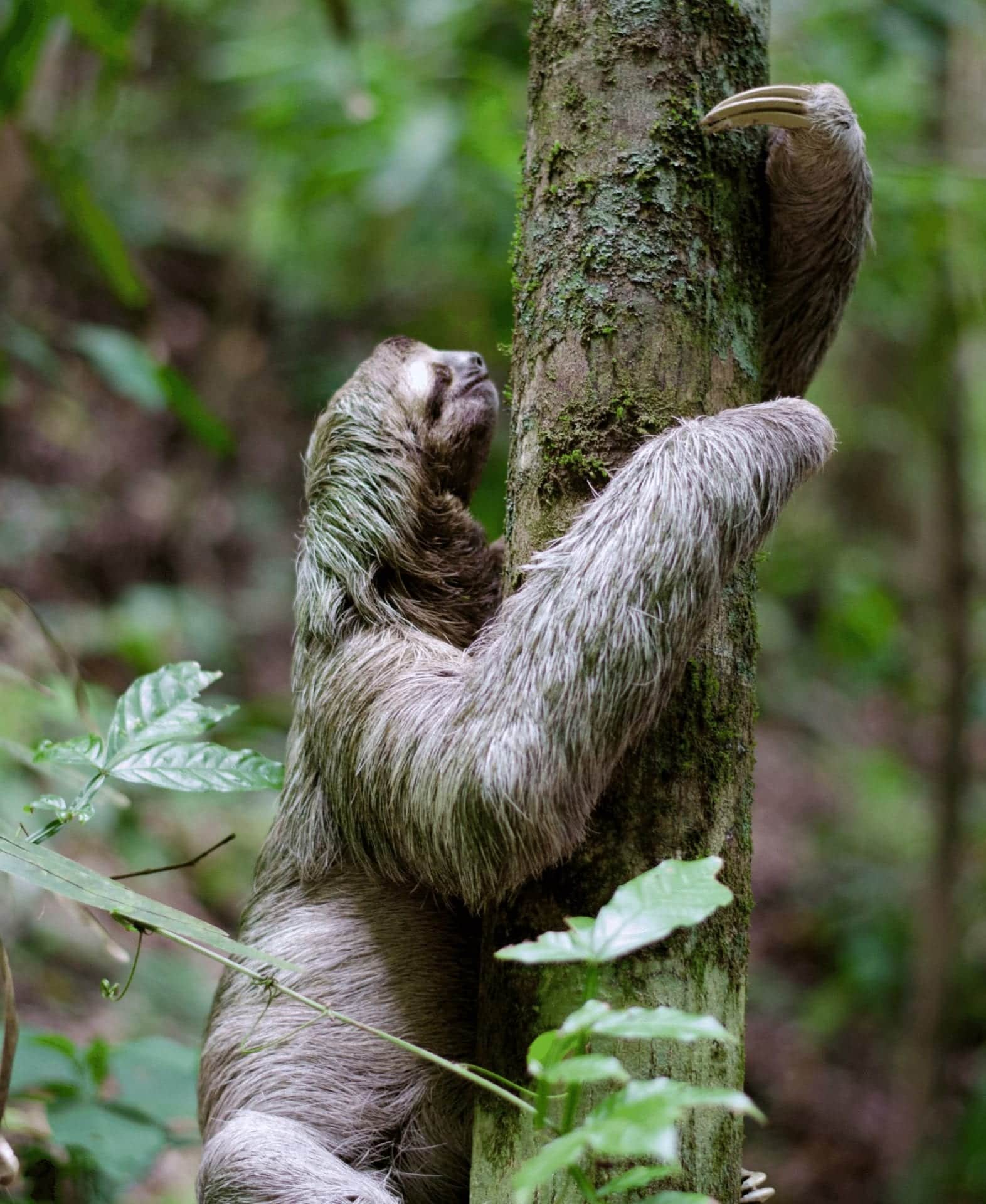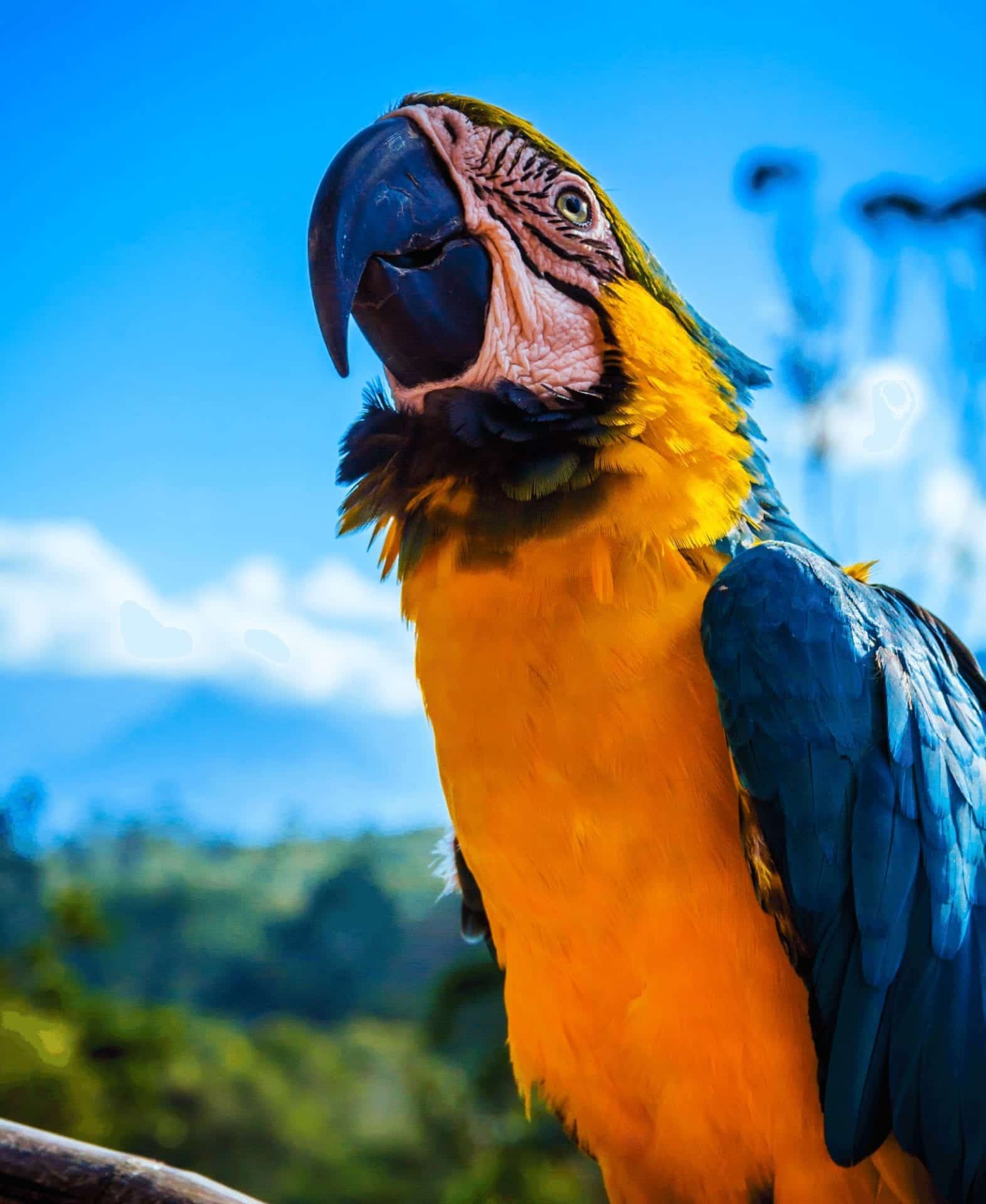Every exploration brings new acquaintances, experiences, and stories. As you gain an increased understanding of different cultures and histories you learn to see your own world with renewed perception.
Our journeys take us away from our responsibilities, schedules, and pressures… and brings us closer to better social skills, more creativity, a higher tolerance for unpredictability, and increased self-confidence and self-knowledge.
 © Joshua Earle – unsplash.com
© Joshua Earle – unsplash.com
It is also quite a lot of fun.
No wonder tourism has become one of the world’s most significant industries.
Unfortunately, as we travel more, our potential for causing harm to other places and people has become significant.
How Travel has Damaged our World
1. Increased carbon emissions from long haul (and short-haul) flights.
2. The waste from too many tourists who leave more than their footprints behind in areas that are poorly equipped to deal with rubbish.
3. Adventure activities can harm marine life, forests and local water sources. (The average golf course is treated by pesticides and can guzzle over half a million gallons of water per day.)
4. Indigenous groups and other communities have been forced from their homeland or way of life, without compensation or proper consideration in some instances. When people lose their recreational spaces, holy places or livelihood their lives and culture can be drastically altered.
5. Rising costs in a tourist area can disrupt the economy of local businesses as they may suddenly find themselves trying to compete with conglomerates.
6. The potential for exploitation grows exponentially with the vulnerability of community members with women being underpaid, undervalued and exploited and children facing abuse.
And it is these junctures that ethical tourism stepped in to save the day.
© Sebastian Molinares – unsplash.com | © Camilo Ayala – unsplash.com
What is ethical travel?
Much more than an impractical style of travel for snowflakes, ethical tourism is a realistic model that wants to preserve the earth, its creatures, and people for the future. Ethical travelers do everything possible to ensure that their impact on the local environment, culture, and people is positive.
And, who does not want to be that person?
 © kyran low – unsplash.com
© kyran low – unsplash.com
How to be part of the Ethical Tourism Solution.
🌍 When it is practical, choose to travel by train, bus, boat or other ethical transport. When it isn’t practical choose to offset your carbon emissions.
🌎 Exploiting the ethical travel niche has also given rise to greenwashing and false environmental claims. Only use ethical travel operators who ensure that the impact on the environment is positive and that local communities receive the support that takes their needs into consideration and do not simply see ‘Ethical Travel’ as a marketing opportunity. The key to responsible tourism lies with knowledge, research, and awareness. All this work can be a little overwhelming and time-consuming, so it makes sense to get your ethical tour operator to do this for you. A responsible travel operator will also ensure that you have handy tips and information about fitting in with a culture’s dress code and what to wear when you visit local cultural, religious and sacred sites.
Rothschild Safaris do not book any activities that may harm wild animals. We prefer losing a booking rather than giving in to a request for an elephant ride or walking with lions. Whenever any of our experiences involve animals in the ocean or the jungle the organizations or operators endure extra scrutiny from us. Even in places where interaction with rescued animals seem kosher, the demand for animal tourism may encourage smugglers.
🌍 Don’t pack packaging – or plastic. Wherever and whenever it is possible, dispose of all packaging in a manner that is environmentally friendly. It is common sense not to buy anything that has been made from parts of wild animals and plants. Coral, shells, starfish, turtle shell, horns, teeth, animal skins, and fur should all be on your no-go list. (Apart from the conservation issues associated with many of these items they may also be both illegal to buy and illegal to bring back to your home country.)
🌎 There are communities around the world where tourism is the main source of income and employment. Avoid potential misunderstandings by researching the local customs and language before your arrival. Know when and how to haggle and bargain… and try to keep your shopping local! Pack your smile and try to learn a couple of frequently used phrases in the local language. Saying hello and thank you in the local language can change the day.
🌍 Understand the pressure on local resources and be considerate in your use of water and electricity wherever you go.
🌎 Travel with a LifeStraw, Reusable straws a Refillable water bottle and cloth shopping bags.
 © kyran low – unsplash.com
© kyran low – unsplash.com
Ethical Travel is not a guilt-trip…
When we work with properties to learn more about their ethical policies it is always with great joy. There is nothing boring, apologetic or gloomy about taking care of the places and people we care deeply about. We know how much happiness and interest ethical tourism will add to any trip.
It isn’t about being smug – it is simply traveling in the best way you can, finding authentic experiences and knowing that you are part of the solution and a better future.
Be open to doing things in a new or different way. You never know. You might like it!
 © Dmitry Rukhlenko – stock.adobe.com
© Dmitry Rukhlenko – stock.adobe.com
The Ethical Travel Operator difference
When you book with a responsible tour operator you will:
Avoid paying good money for overcooked tourist traps.
Never give money to an operator or property where animals are mistreated.
You won’t miss out on any of the must-see experiences but you will also go beyond the guidebook.
Support and benefit the local community and promote sustainable, non-exploitative practices through properties that invest in education and local enhancement projects.
Your money will go to people and businesses where it will do the most good while ensuring your experience is unique.
Exposure to new flavors, places, and ways of living make for a far more satisfying and interesting trip than traveling to places that are simply sanitized, globalized and homogenized versions of home.
You will bring home more than the expected selfie, a vague sense of disappointment and an empty wallet. Responsible tourism itineraries are designed to create magic.
There will never be a moment when you find yourself inadvertently stopping turtles from nesting in Costa Rica or being the cause of a baby dolphin dying in Argentina.
See the world’s cruelest animal attractions.
If volunteering or helping out in a more practical and hands-on way, a great operator will know where your time and skills will be the most useful.



